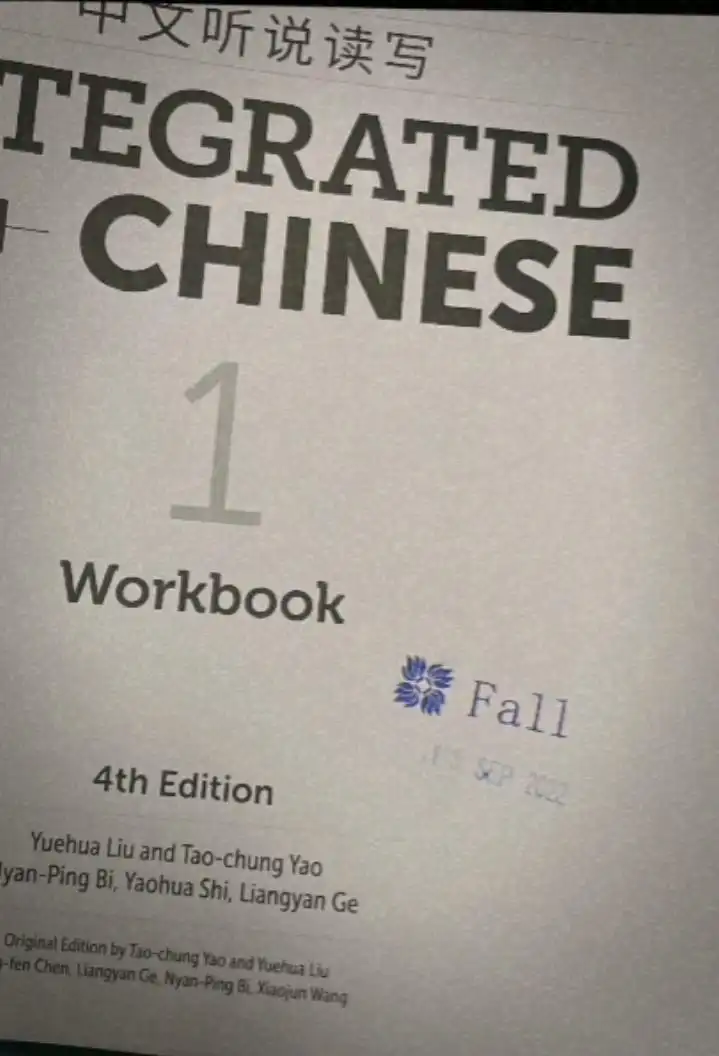The Struggles of Textbook Verification
Claiming to be an efficient and important process, the NYU Shanghai Book Verification system is not as smooth as it seems to be.

If you are an NYU student, you have probably heard of book verification. Even if you did not go through the process, you may have stumbled upon it while checking your inbox. So, what is this all about?
Designed for students to replace digital textbooks with physical copies that have already been bought legitimately, verification is a waiver issued and billed by NYU Shanghai if you already have your own eligible hard copy. You can give your hard copy to the related academic personnel for verification. But what makes the textbooks eligible in the first place? First, all textbooks that are available electronically on the NYU Shanghai Textbook Website (except for Chinese language textbooks) can be verified. Second, a non-pirated physical textbook with a complete copyright page, and finally, a physical copy with the same ISBN number as listed on the website or a textbook that was purchased through NYU Shanghai previously can be verified. The textbook that was previously purchased will be reused by the same student in the current semester for any enrolled course.
A basic question that you might ask is why would the university not have physical copies for the textbooks it assigns? A considerable amount of students prefer physical textbooks over electronic ones. Why should the students not have the choice to get a physical copy directly from the university, provided that it is more convenient than going out and trying to find one yourself? Should the university not provide this option even when considering the fact that trying to find a physical copy by yourself is also an issue? How are the international students, who are not familiar with the local market, supposed to navigate through this?
Even if you run through all your options, success is not guaranteed. For example Zoe Xue, Class of 2026, did all the required steps. She went out of her way to buy a physical copy for her Calculus textbook as a replacement for the e-book provided by the university. However after going through all the hassle, she was informed that she could not verify the physical copy. The reason was that the university had partnered with the educational company “WebAssign,” a platform used by professors for assigning homework and the textbook would run through them as well. The explanation provided by the university was that if a student did not buy the e-book, they would not get access to WebAssign. They explained that students have to buy a license for WebAssign separately, which would cost more than the textbook itself. Due to the university's supposed partnership, students are more or less compelled to buy the e-book, restricting their freedom to choose. Expressing her disappointment, Zoe mentioned that the most frustrating part about the entire process was the lack of clarity on the university’s behalf. Even if the university expects students to abide by their verification system, it could be more clear about the system in question.
The usage of the textbooks is also a big question. A number of students have mentioned how some professors rarely refer to or make use of textbooks. For students who willingly put themselves through the process, finding English textbooks in China is also a big task on its own. Furthermore, Zoe explained that in contrast, the majority of textbooks used by Chinese university students are provided by the Chinese government at a very economical cost.
While considering the solutions, one possibility is discarding the whole system. Many would agree that the system should exist since the process protects the copyrights of the authors and publishing companies. However, one can suggest that the university should aid in the process of buying second-hand books. Not only would it save students money and time, it would also save on the hundreds of textbooks that are thrown away every semester.
On a parting note, Zoe expressed how she feels that she is being forced to buy a book. “It’s coercion,” she said jokingly. Technically, as a result of our own consent to the university policies, the school can directly charge students’ bursar accounts and reject the textbooks they bought themselves. Nobody wants to be forced to spend money, and as long as textbooks are required, they should not be limited to online versions.
Whatever actions and solutions the university may employ to provide textbooks - both electronic and physical - the primary focus should always be to make things easier for students.